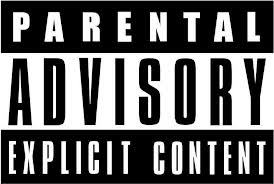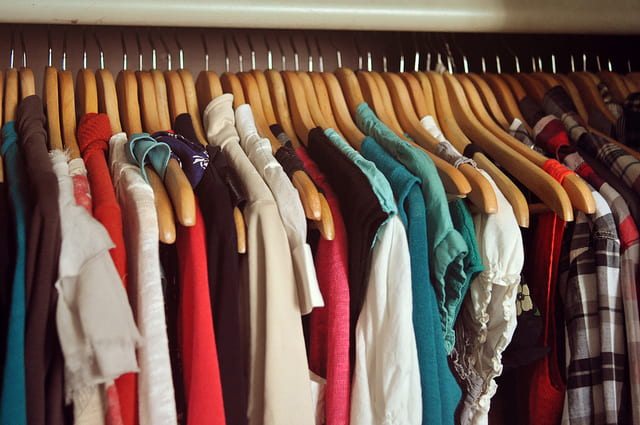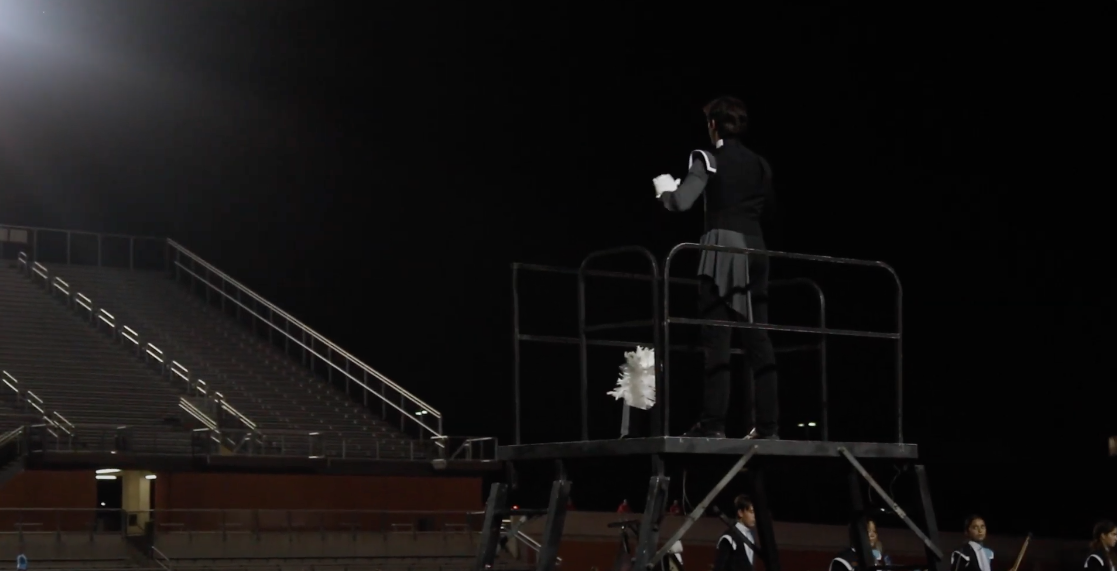By Mahek Khetani| Staff Writer
Breaking Bad has Meth use in every episode, Teen Wolf is known for their ungodly amounts of gore and How I Met Your Mother has more sexual innuendo than it does dialogue. Yet, the use of things like the F-word is what can cause a network harm in terms of censorship. So is it time for our media to take the ‘explicit’ approach and let everything be in the open?
“Censorship in the media isn’t necessary anymore because whether it be a swear word or naked body, not much is left to the imagination. And it makes zero sense that we can watch a show that might be set in a racy strip club but god forbid they use a swear word,” said freshman Jackie Skierka.
What is and isn’t allowed for viewing in the media baffles many of us. For example, Miley Cyrus’ performance at the 2013 VMA Show was considered one of the raunchiest acts in television ( an understatement) but the only aspect of her performance that was censored was the word ‘molly.’
“It’s insane because they only censor a few words that mean nothing big rather than the important, explicit things that kids could actually be influenced by. She was doing things that are a parent’s worst nightmare, yet it’s still okay to be viewed on TV while the word molly isn’t. That double standard isn’t okay,” said sophomore Julia Ross.
Now the ‘Twerk Team Queen’ isn’t our issue when it comes to near explicit works in the media. Turning on the TV, we can witness almost anything that could ‘ruin’ our innocence. Even PG-13 rated show such as The CW’s ‘Reign,’ portrayed a young girl, no more than 18, pleasing herself sexually. Though it caused controversy prior to air, the scene was not removed.
“It’s crazy that we can see that but we can’t hear the F word? Networks really need to consider the degree of what has to be censored and what is okay out in the open, and though they didn’t explicitly show everything to the point where it could be considered Pornography, it was still there. The media just implies to the point where the visual is there, and that is what needs to be censored, otherwise you might as well show us what’s happening in detail,” said sophomore Elena Hoffman.
Some countries however are more comfortable with explicit matters and the feedback received isn’t going to cause a riot unlike here in the U.S. That being said, why are thing like nudity considered such a taboo when to others it just the human body?
“It’s really about how you perceive things, and many have the human body perceived as something to be ashamed of and covered up. There’s also the religious aspect too, since the U.S. has so much diversity, we’re more cautious about things like that. And sadly people are prone to be more downcast if a model is in the nude but if you look at it, with religious beliefs aside, nudity is seen as a form of beauty and reflects that people treasure and respect the human body and shouldn’t be ashamed of it,” Hoffman said.

Students such as Hoffman show that the perception of our new generation is becoming more accepting to things that were considered vulgar in 1980. Should the media adapt to that mindset or should we revert our minds from taboos?
“What’s done is done to make people happy. Not everyone wants to hear profanities everywhere and see nude bodies in magazines. If you do okay, but we have to think about the majority of the public including kids. Eventually I think censorship won’t be such a big issue but we’ll ease into that as a society when the time is right,” said senior Kotiba Azaam






